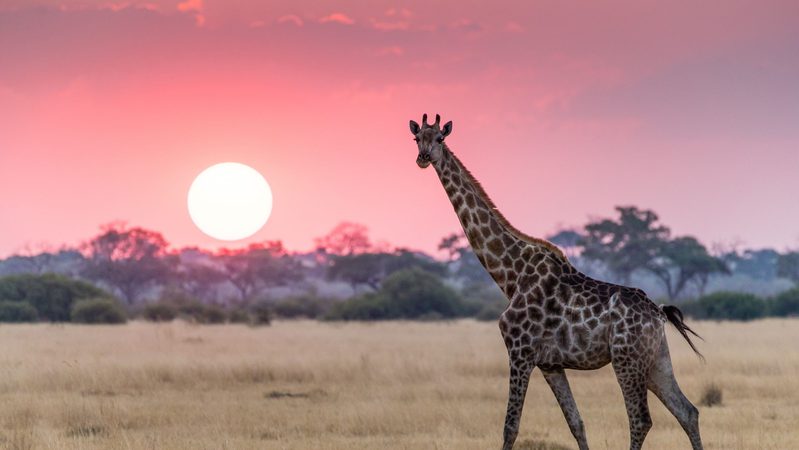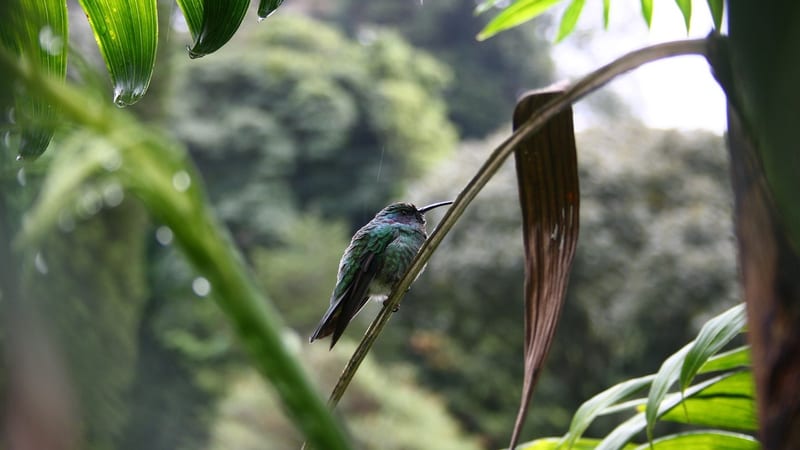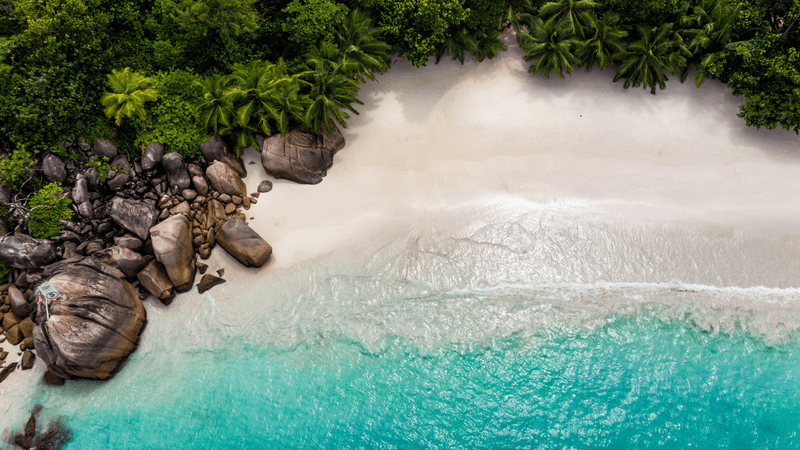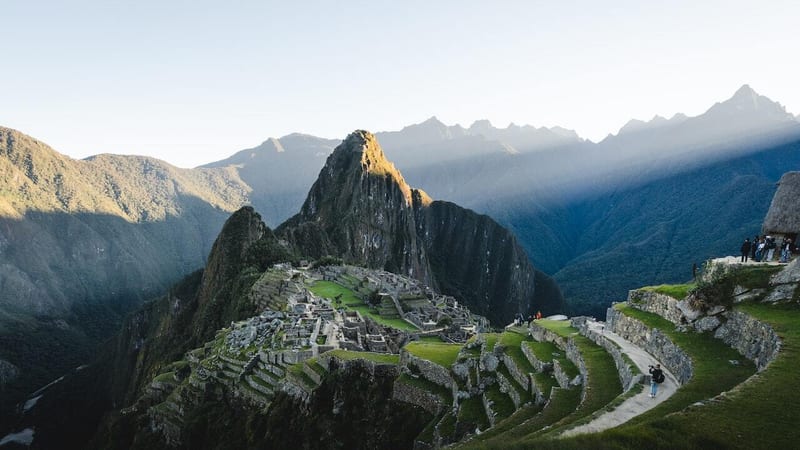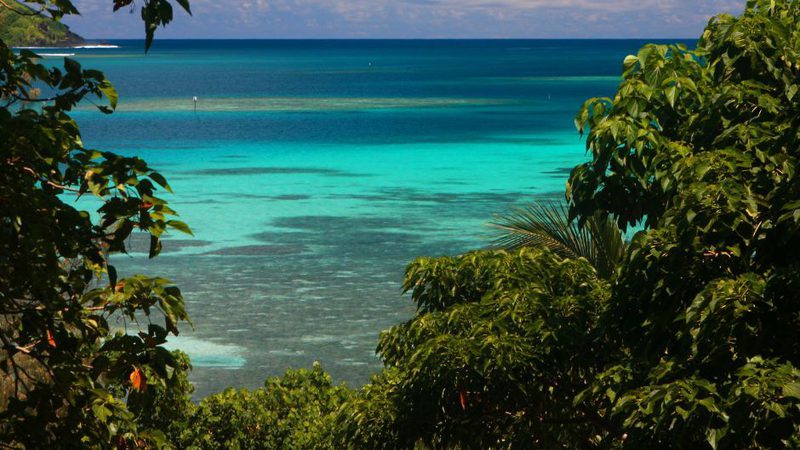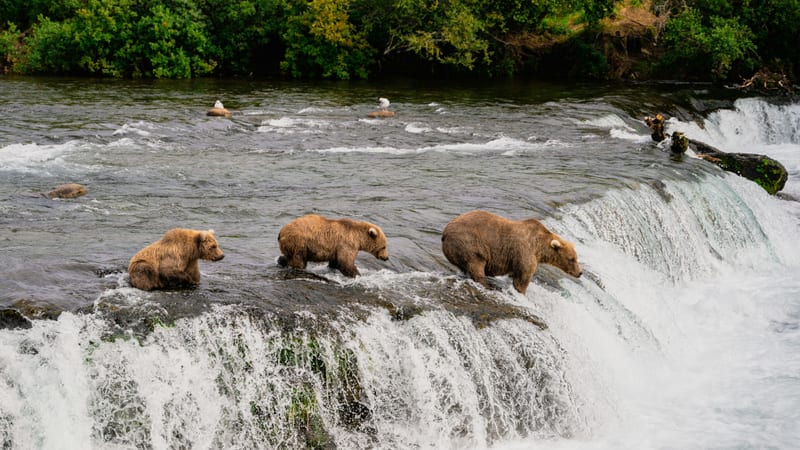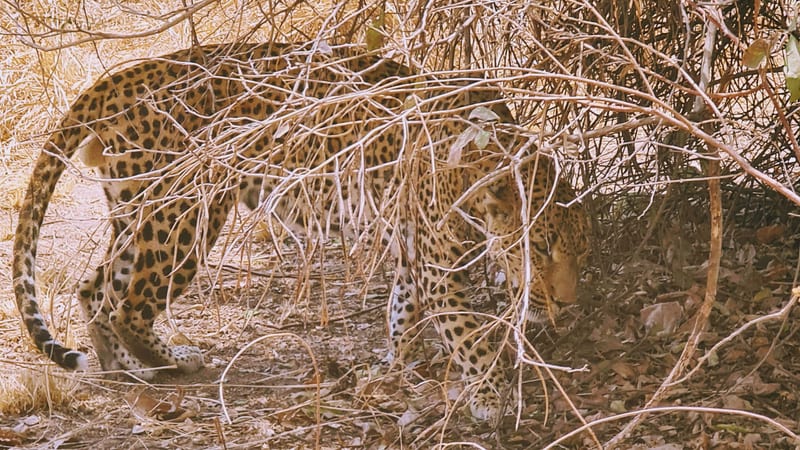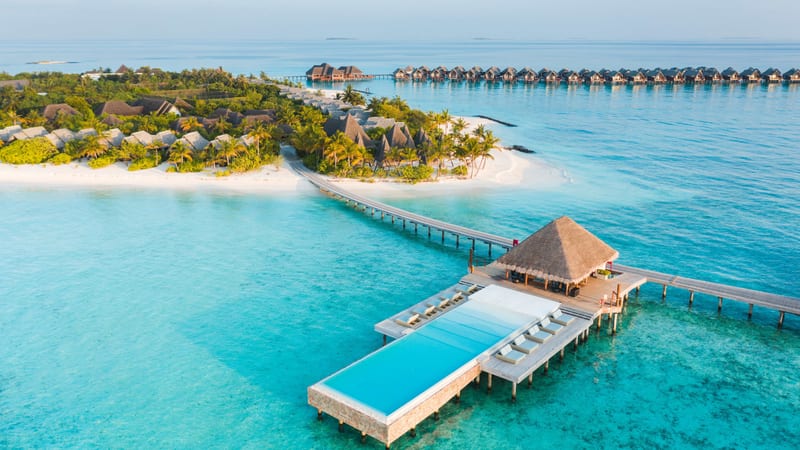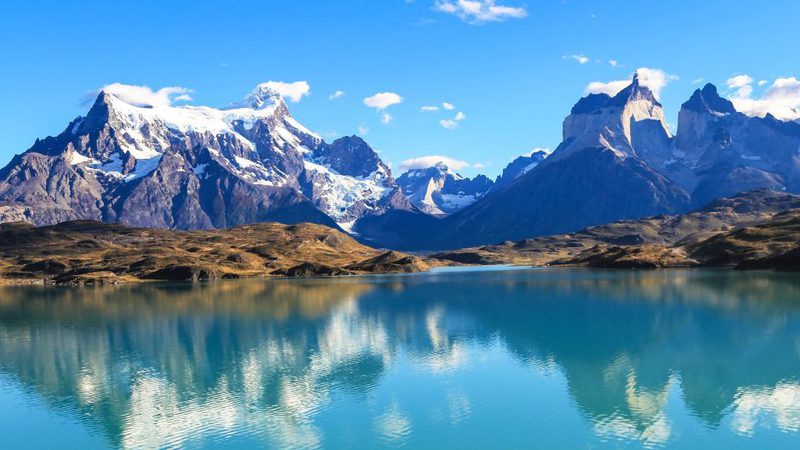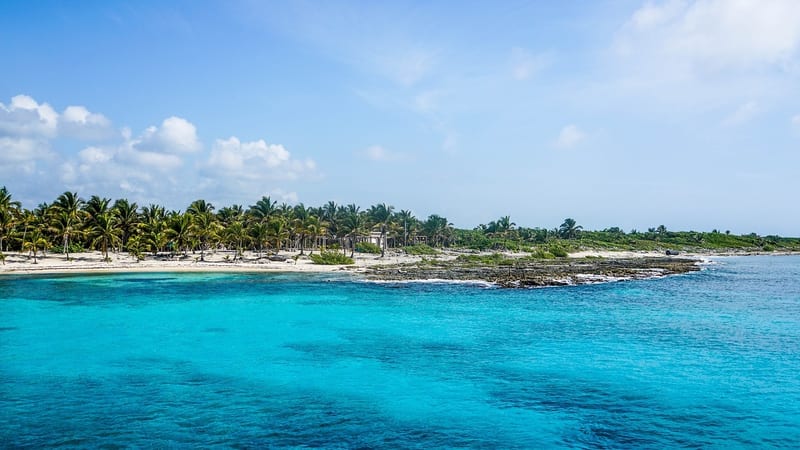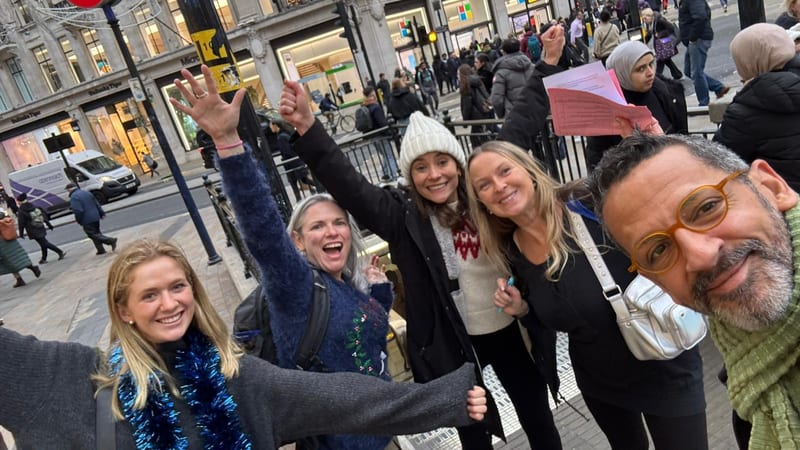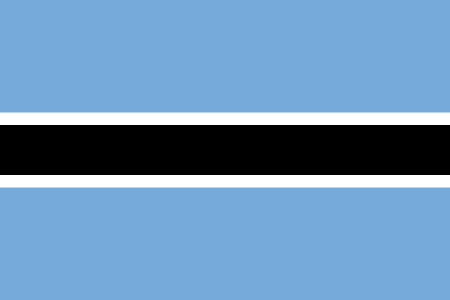
Quick Facts
- Area: 581,730 sq km
- Capital: Gaborone
- Religions: Christian, Badimo
- Languages: Setswana, Kalanga, Sekgalagadi, English
- Population: 2,127,825
- Currency: Bostwana Pula (BWP)
- Time: GMT + 2 hours
Geography and Climate
Botswana is a landlocked country with its dominating feature the Kalahari Desert. The Okavango Delta is located in the northern tip of the country where the magnificent flood plains supply water to the area, including the Chobe National Park. Chobe contains an abundance wildlife, including 120,000 elephants. The topography is predominantly flat with some rolling hills and plateaus.
April to May in Botswana generally provide clear skies and a lush green landscape. Night temperatures start to drop during these months. June to August are the coldest months where daytime temperatures are around 20 - 27˚C and the nights/early mornings can be around 0 - 8˚C. This is also the time when the Okavango Delta fills with flood waters.
From September to October the temperatures rise, drying the landscapes and concentrating the game even more. October can be very hot, with maximum temperatures approaching 40˚C. November to March is commonly referred to as the ‘green season’ when the summer rains arrive. The temperatures are still warm during the day, up to 35˚C, but may drop down to 15˚C when it is raining. Rain tends to fall in short, often spectacular thunderstorms. This is the ideal time to travel to the Kalahari or Linyanti region due to animal migrations to the region. It is also when a lot of animals give birth due to the abundance of vegetation and available water.
Gaborone
Average annual temperature and rainfall:

Passports and Visas
British nationals do not need a visa to enter Botswana for stays of up to 90 days. Your passport should be valid for a minimum period of six months from the date of entry into Botswana.
Effective from the 1st October 2016 minors (children under 18) travelling through the country’s borders will be required to produce certified/notarised copies of unabridged birth certificates in addition to their valid passports. If the child is travelling with one parent, with another adult or unaccompanied, the parent or parents who aren’t present will need to provide an affidavit giving their consent for the child to travel. For more information please contact the Botswana Embassy for your country.
The KAZA Univisa is valid for travel between Zimbabwe and Zambia and day trips into Botswana. It’s available at Harare, Bulawayo and Victoria Falls airports and at the land borders at Victoria Falls (Zambian border) and Kazungula (Botswana border). It costs US $50 and it is valid for 30 days.
Check the foreign office for all the latest travel advice for BotswanaBotswana.
Health
We hope the information below is helpful, but it is only guidance; requirements change frequently and you MUST check all health requirements yourself with your GP.
- There is no risk of yellow fever in Botswana, however, all travellers from, or travelling through, countries which are yellow fever endemic areas must provide a certificate of vaccination upon arrival.
- Botswana is considered a malaria area. We recommend you speak to your GP or pharmacist about malaria prophylactics. Precautionary measures to prevent contact with mosquitoes are highly recommended and include: sleeping under a mosquito net, mosquito repellent spray/lotion and wearing long-sleeved clothing when outside at night.
- Please ensure that you are fully up to date with your country of destination’s Covid travel policies. Click here for the latest FCO advice.
More information on the latest health requirements can be found at the Travel Pro Health website.
Insurance
Your travel insurance should provide cover for cancellation and curtailment, medical insurance, lost or damaged baggage and emergency evacuation. We are fortunate to be partnered with Rush Insurance who provide a range of travel insurance policies specifically for the type of trips we offer. We have a dedicated page on their website here.
Money
Cash in US Dollars is a universally accepted currency (USD is also the official currency in Zimbabwe). Visa is the most widely accepted credit card. If you withdraw excess Botswana Pula it can be changed at a good rate in Victoria Falls or Livingstone due to Botswana’s proximity. Once you leave these areas, exchange rates will not be in your favour. Most of Botswana towns have ATM machines where you can draw cash using your Visa or Mastercard. You can pay with USD or Euro cash in the camps, most camps and lodges also accept credit cards (Visa and Mastercard only).
Tipping
While tipping is not a requirement, it is a generally accepted form of “thanks” throughout the world and highly appreciated by all levels of staff. Tipping should reflect the level of service you have received throughout your trip.
In Botswana it is appreciated if you tip in the local currency although foreign currencies are also accepted. As an idea of who you may want to tip, we have listed the following guidelines:
- Guides in the camps – US $10.00 per day
- General staff (mokoro polers, boat drivers, porters, bar staff, waitresses) – US $5.00 per day
Recommended Reading
Wildlife and Travel Guides
- The Bradt Travel Guide Okavango Delta, Chobe, Northern Kalahari
- Collins Guide to African Wildlife, P Alden, R Estes, D Schlitter and B McBride
- Sasol Birds of Southern Africa, Ian Sinclair, Phil Hockey and Warwick Traboton
- Sasol Birds of Prey of Africa and its Islands, Alan Kemp
- Southern African Wildlife (Bradt), Mike Unwin
- Southern Africa (Lonely Planet Watching Wildlife)
- The Safari Companion: A Guide to Watching African Mammals, Richard Estes
- Newman’s Birds of Southern Africa and Common Birds of Botswana, Ken Newman
Other Interesting Reading
- Whatever You Do, Don't Run, Peter Allison
- No 1 Ladies' Detective Agency series, Alexander McCall Smith
- The Scramble for Africa, Thomas Pakenham
- The Lost World of the Kalahari, Laurens van der Post
- Cry of the Kalahari, Mark and Delia Owen
- Botswana Time, Will Randall
- The Harmless People, Elizabeth Marshall Thomas

